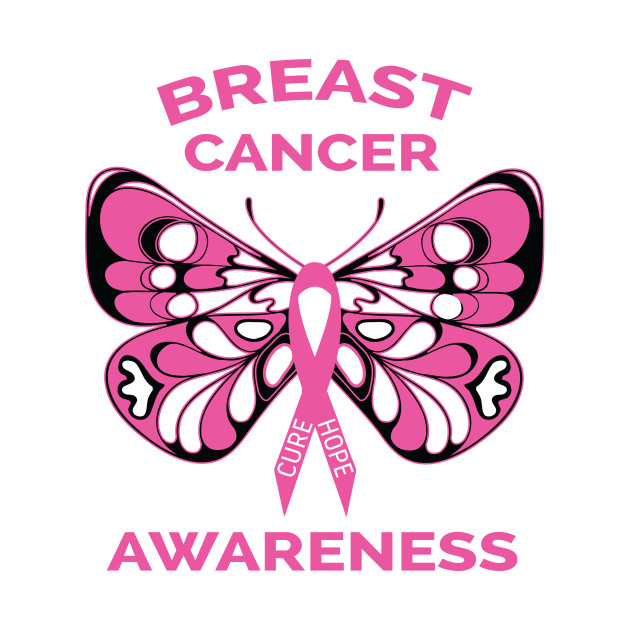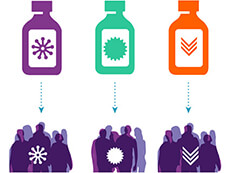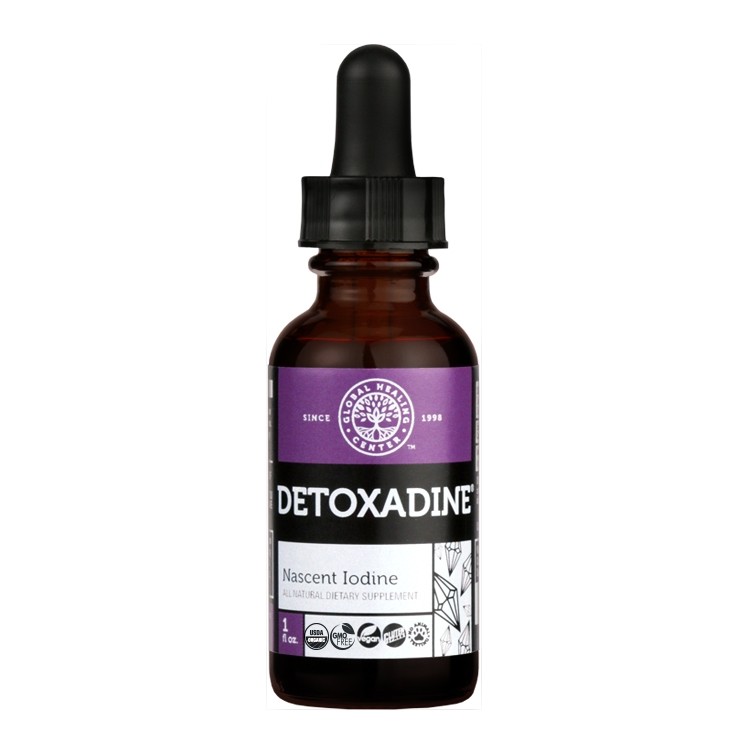|
Sulfur is called nature's "beauty mineral" because it keeps skin smooth and youthful and hair glossy. Sulfur is necessary for the production of collagen and keratin, proteins necessary for the health and maintenance of skin, nails and hair'
$14.95
Iodine is a trace mineral that is vital to the function of the thyroid gland. The human body does not make iodine, so all iodine intake must come from either our diet or from supplements.
|
|
Cancer Treatment >
Hormone Therapy
Hormone Therapy to Treat Cancer
Hormone therapy is a cancer treatment that slows or stops the growth of cancer that uses hormones to grow. Hormone therapy is also called hormonal therapy, hormone treatment, or endocrine therapy. How Hormone Therapy Works against CancerHormone therapy is used to:
Types of Hormone TherapyHormone therapy falls into two broad groups, those that block the body’s ability to produce hormones and those that interfere with how hormones behave in the body. Who Receives Hormone TherapyHormone therapy is used to treat prostate and breast cancers that use hormones to grow. Hormone therapy is most often used along with other cancer treatments. The types of treatment that you need depend on the type of cancer, if it has spread and how far, if it uses hormones to grow, and if you have other health problems. How Hormone Therapy Is Used with Other Cancer TreatmentsWhen used with other treatments, hormone therapy can:
Hormone Therapy Can Cause Side EffectsBecause hormone therapy blocks your body’s ability to produce hormones or interferes with how hormones behave, it can cause unwanted side effects. The side effects you have will depend on the type of hormone therapy you receive and how your body responds to it. People respond differently to the same treatment, so not everyone gets the same side effects. Some side effects also differ if you are a man or a woman. Some common side effects for men who receive hormone therapy for prostate cancer include:
Some common side effects for women who receive hormone therapy for breast cancer include:
What to Expect When Receiving Hormone TherapyHow Hormone Therapy Is GivenHormone therapy may be given in many ways. Some common ways include:
Where You Receive Hormone TherapyWhere you receive treatment depends on which hormone therapy you are getting and how it is given. You may take hormone therapy at home. Or, you may receive hormone therapy in a doctor’s office, clinic, or hospital. How Hormone Therapy May Affect YouHormone therapy affects people in different ways. How you feel depends on the type of cancer you have, how advanced it is, the type of hormone therapy you are getting, and the dose. Your doctors and nurses cannot know for certain how you will feel during hormone therapy. How to Tell If Hormone Therapy Is WorkingIf you are taking hormone therapy for prostate cancer, you will have regular PSA tests. If hormone therapy is working, your PSA levels will stay the same or may even go down. But, if your PSA levels go up, this may be a sign that the treatment is no longer working. If this happens, your doctor will discuss treatment options with you. If you are taking hormone therapy for breast cancer, you will have regular checkups. Checkups usually include an exam of the neck, underarm, chest, and breast areas. You will have regular mammograms, though you probably won’t need a mammogram of a reconstructed breast. Your doctor may also order other imaging procedures or lab tests. Special Diet NeedsHormone therapy for prostate cancer may cause weight gain. Talk with your doctor, nurse, or dietitian if weight gain becomes a problem for you. Working during Hormone TherapyHormone therapy should not interfere with your ability to work. |
|
|

OPEN 24 HOURS: ACCIDENT EMERGENCY, LAB SERVICES, IMAGING SERVICES & PHARMACY











